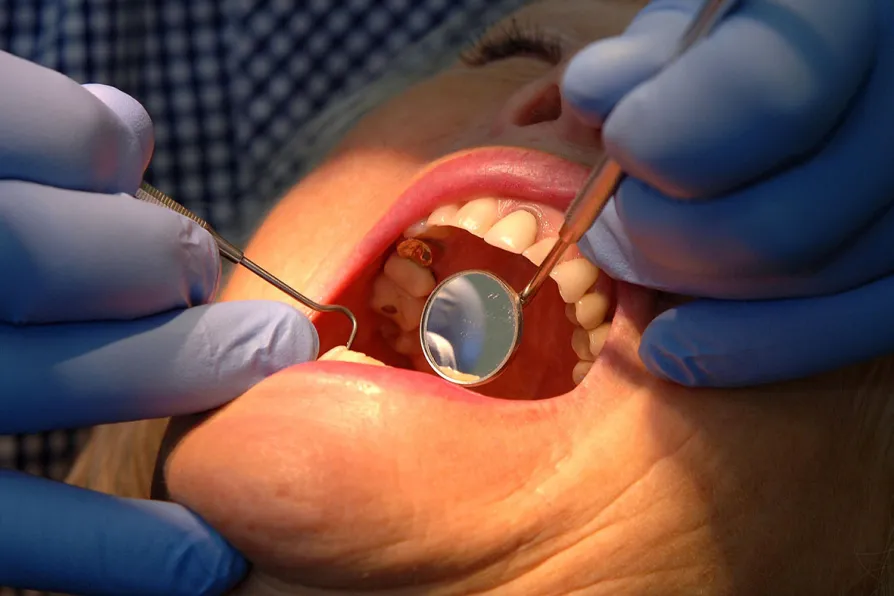
 A dentist checking condition of a patient's teeth
A dentist checking condition of a patient's teeth
NHS dentistry has abandoned the most vulnerable, campaigners warned today after new data showed the uneven distribution of practices is leaving many struggling to access treatment, particularly in rural and deprived areas.
A Local Government Association (LGA) analysis of NHS data found that no local authority area in the country has more than one dentist providing NHS treatment per 1,000 people.
People living in areas with the poorest health outcomes were less likely to find a dentist.
For example in Middlesborough, there are just 10 NHS dental practices per 100,000 despite having one of the highest levels of deprivation, compared to Richmond upon Thames with 28 per 100,000 people and one of the lowest deprivation levels.
Access is also less likely for those living in rural areas. Pembrokeshire, where 76.3 per cent of the population is rural, has just 9.6 dental practices per 100,000.
Mark Jones, founder of Toothless in England, said: “NHS dentistry has abandoned the most vulnerable. The term ‘dental desert’ is our new normal, meticulously mapped by this report.
“This is a public health emergency caused by a failed contract and chronic underfunding.
“We need to see a sense of urgency from this government.
“A swift deployment of mobile dental clinics to the most underserved communities such as those in rural and coastal areas, urgent dental contract reform and significant new investment to make NHS dentistry viable.”
The new NHS data also showed that only 35.4 million courses of dental treatment were delivered in 2024/5, down by over 10 per cent on averages from prior to lockdown (a 39.6m average from 2016-19).
A Department of Health and Social Care spokesperson said: “We have already begun the rollout of 700,000 extra urgent dental appointments, a ‘golden hello’ scheme is underway to recruit dentists to areas with the most need and we are reforming the NHS dental contract, with a shift to focus on prevention and the retention of NHS dentists - including introducing tie-ins for those trained in the NHS.
“We are also rolling out supervised tooth brushing for three-to-five year-olds in the most deprived communities.”










